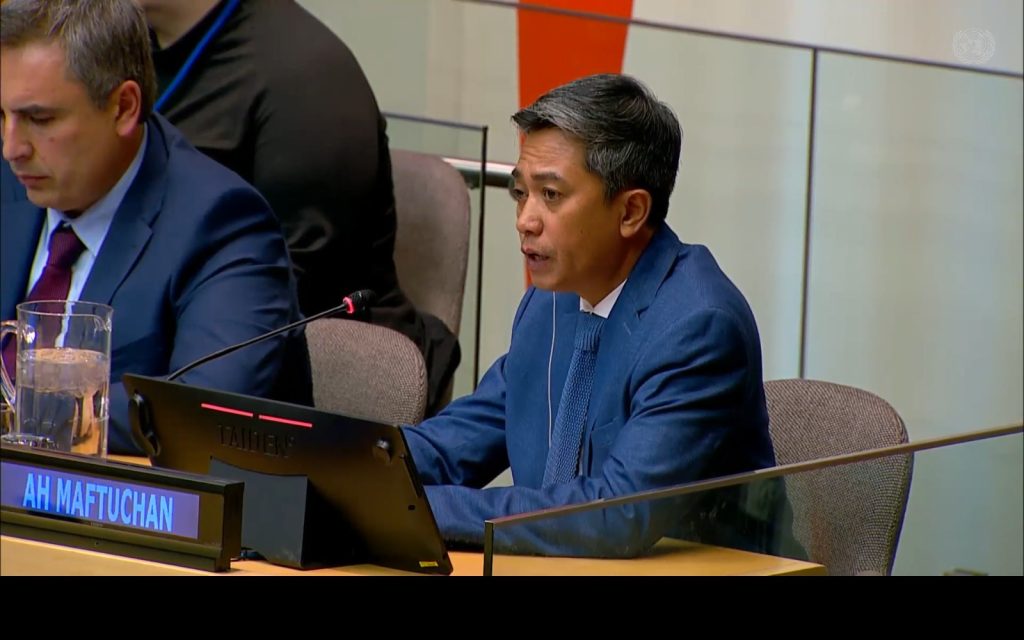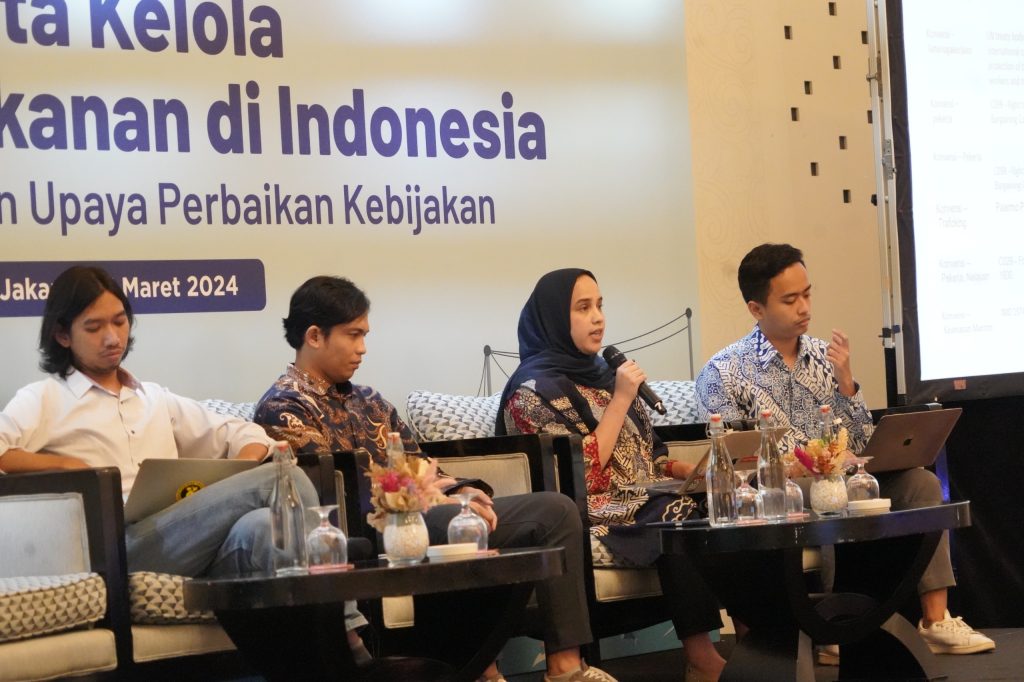Responsibank Indonesia published a report entitled “Procedural Inequality in Plasma-Nuclear Relations Small Scale Smallholders and Palm Oil Companies: A Case Study of Astra Agro Lestari Plantation in Central Sulawesi”. This study reveals how small-scale farmers are trapped in captive or captive management of palm oil companies through plasma-core operator schemes, thereby trapping smallholders in a prolonged cycle of poverty.
"The main aim of this study is to understand relations between plasma smallholders and palm oil companies in the supply chain of the palm oil industry as well as encouraging the financial sector to improve monitoring and supervision of the practice of the palm oil industry as the party channeling funding so that the business practice of oil palm plantations has a fair system and can prosper small-scale farmers.", Said Ah Maftuchan, Executive Director of The PRAKARSA.
Dwi Rahayu Ningrum, Program Officer The PRAKARSA explains the forms of bad governance experienced by farmers including:
- Farmers are bound by debts in the range of 85 million – 98 million rupiah to the company for plasma land managed by the company without clear information regarding the form of the loan agreement and the payment.
- The legal documents for plasma land in the name of smallholders are mostly held by companies, where most of the land does not have a certificate and there are cases of oil palm lands that do not have rights to use permits.
- The company is not transparent about the harvest that is the basis for the profit-sharing scheme.
Furthermore, Dwi Rahayu also revealed several actors from financial institutions behind the Astra Agro Lestari plantation operations. Flows to AAL companies are mapped through financing to the Jardine Matheson Group. The biggest lenders came from financial institutions in Japan, namely SMBC, OCBC, and Mizuho Finance. Meanwhile, Indonesia's biggest creditors are Bank Mandiri and Bank Panin. "This means that these financial institutions contribute to preserving poverty and procedural injustice in captive governance in the case of AAL's subsidiary in Central Sulawesi.", said Dwi.
This study raises several recommendations. "PThe government should review and revise the plasma management scheme by the company because small-scale farmers are vulnerable to governance discretion whose decisions are unilateral from the company. Core companies should carry out information transparency between farmers and companies to resolve long-term debt indebtedness issues and the legality of plasma land ownership. In addition, the company and the media need to provide balanced information to the public including palm oil company financiers about the socio-economic conditions faced by small-scale plasma farmers who are bound in collaboration with core companies., said Ah Maftuchan.



